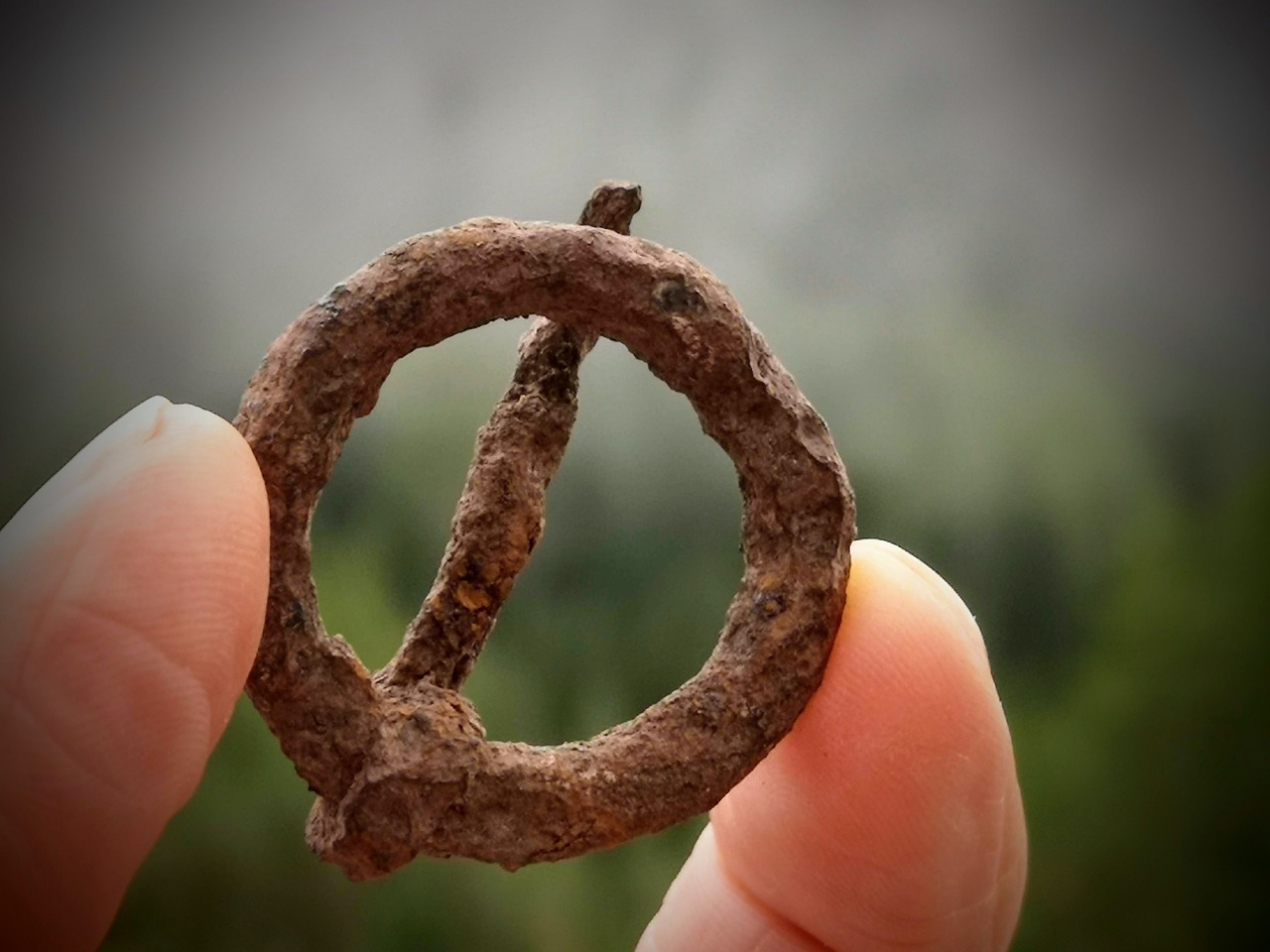
If you’re looking to get started in the world of relic hunting, then you’re in for an exciting and fulfilling adventure. Whether you’re searching for lost treasures in your backyard, at the beach, or in open fields, having the right equipment is essential to maximize your chances of success. With so many different relic hunting tools and gear available, it can be challenging to determine what you need to start hunting. Fortunately, this ultimate guide has everything you need to know to get started with relic hunting equipment.
Metal Detector
The most crucial piece of equipment for relic hunting is a metal detector. Choosing a model designed for relic hunting is essential to maximize your chances of finding valuable items. When selecting a metal detector for relic hunting, its sensitivity, discrimination, search depth, and coil size are the most important factors to consider. Also, keep in mind that some metal detectors are designed for specific terrains, so it’s important to choose one that matches the environment where you plan to hunt.
Digging Tools
To uncover relics from the ground, you’ll need digging tools like a digging knife, trowel, and shovel. A digging knife is ideal for cutting through roots and compact soil, while a trowel is perfect for digging in soft soil. A shovel is ideal for digging deeper holes and can be helpful for moving large amounts of dirt quickly. It’s important to choose tools that are durable, lightweight, and easy to handle and carry.
Pinpointer
A pinpointer is an essential tool for zeroing in on a relic’s location once it’s been detected by your metal detector. A pinpointer emits a sound or vibration when it is near the target, making it easier to locate the relic accurately. They are particularly useful in areas with thick vegetation, where it can be challenging to identify the exact location of a relic without damaging the surrounding area.
Headphones
One way to improve your relic hunting success is by using headphones with your metal detector. Headphones allow you to hear the faint noises created by your metal detector, which could be lost in the ambient noise if you aren’t wearing headphones. Over-ear headphones are beneficial for blocking out surrounding noise, making it easier to identify and locate faint signals.
Backpack or Gear Bag
Relic hunting requires a lot of gear, and having a backpack or gear bag can make organizing and transporting your equipment much easier. A backpack or gear bag should be durable, have multiple compartments and pockets to store your tools properly, and be comfortable to carry on long hunts.
With the right relic hunting equipment, you’ll be ready to start your treasure hunting adventure. A metal detector, digging tools, a pinpointer, headphones, and a backpack or gear bag are must-have tools that will maximize your chances of success. Be sure to do your research and choose high-quality and durable equipment that is designed to meet your specific relic hunting needs. Happy hunting!
